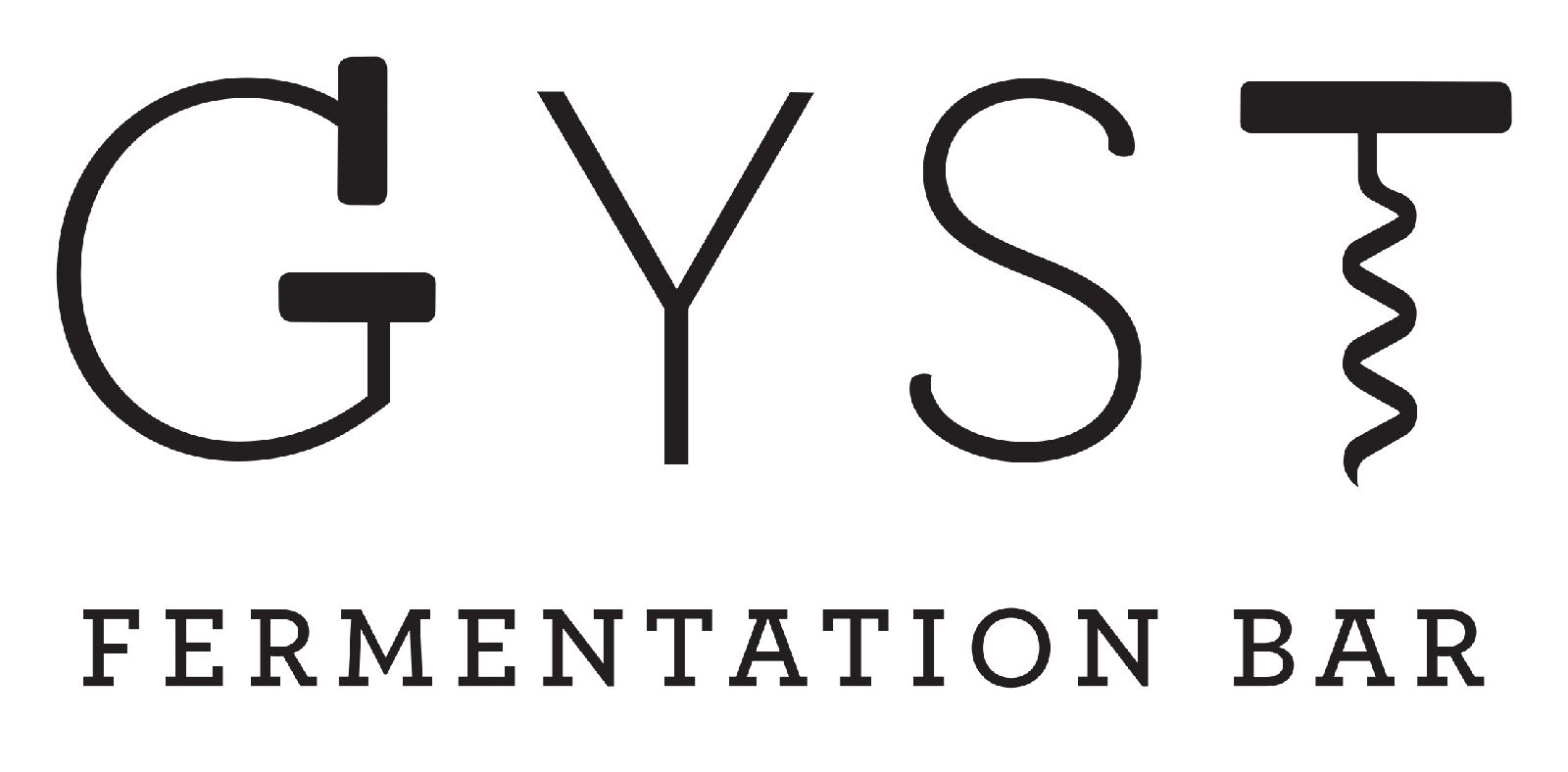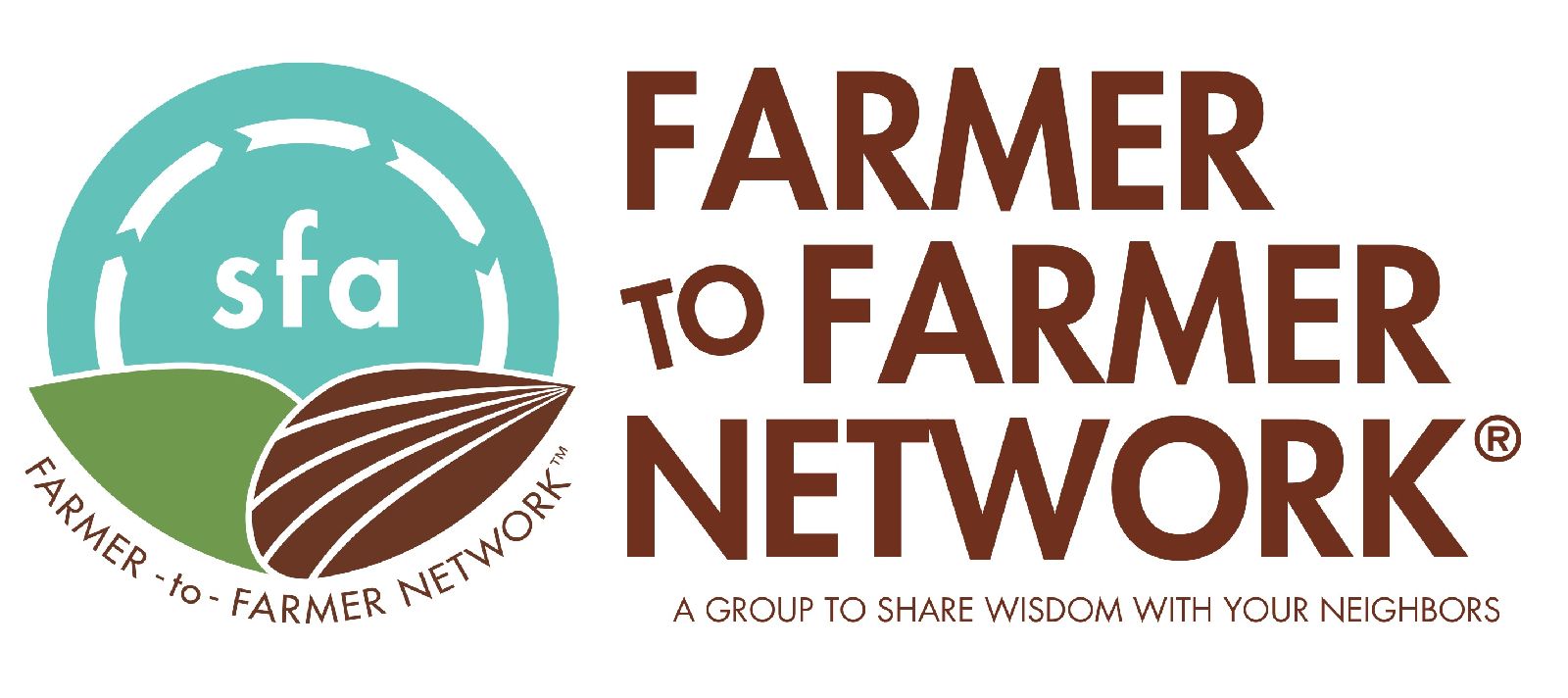'Dirt Rich: Building Soil Health Experts' Events are Aug. 16-17 in Redwood Falls, Marshall
SFA is hosting a two-day event featuring Dr. Allen Williams (above left) and Kent Solberg, “Dirt Rich: Building Soil Health Experts,” from 9 a.m. to 4 p.m. Aug. 16 in Redwood Falls and from 9 a.m. to 4 p.m. Aug. 17 in Marshall. Spend time with soil health experts digging deeper into soil health opportunities, challenges, and monitoring.
The Aug. 16 program begins at the American Legion, 100 Industrial Dr, Redwood Falls, with a classroom portion followed by a trip to the award-winning Grant (lower right above) and Dawn Breitkreutz farm to view implementation of a complex cover crop blend and integration of livestock into a cropping system, as well as reviewing soil health monitoring tools and complex cover crop blend seeding. Morning presentations include:
- Solberg: “Soil Health Principles”
- Williams: “Measuring Soil Health”
- Ag Resource Consulting’s Glen Borgerding (above right) and James Schroepfer: “Soil Health Successes & Challenges”
- The Breitkreutzes: “Our Experiences With Cover Crops and Livestock Integration”
The Aug. 17 program begins at Pizza Ranch, 1420 Boyer Dr, Marshall, with a classroom portion followed by a trip to the Allen Deutz farm reviewing his work with cover crops and livestock integration, as well as innovative fencing techniques to provide livestock access to crop land. Morning presentations include:
- Solberg: “Soil Health Principles”
- Williams: “Monitoring Soil Health”
- Borgerding & Schroepfer: “Soil Health Successes & Challenges”
- Deutz: “My Experiences With Cover Crops & Livestock Integration”
Cost is $30/day or $55 for both days; lunch included. Click here to register.
Info: Wayne Monsen, wayne@sfa-mn.org or 1.844.922.5573 Ext. 712.
Executive Director's Note: You Are Not Helpless
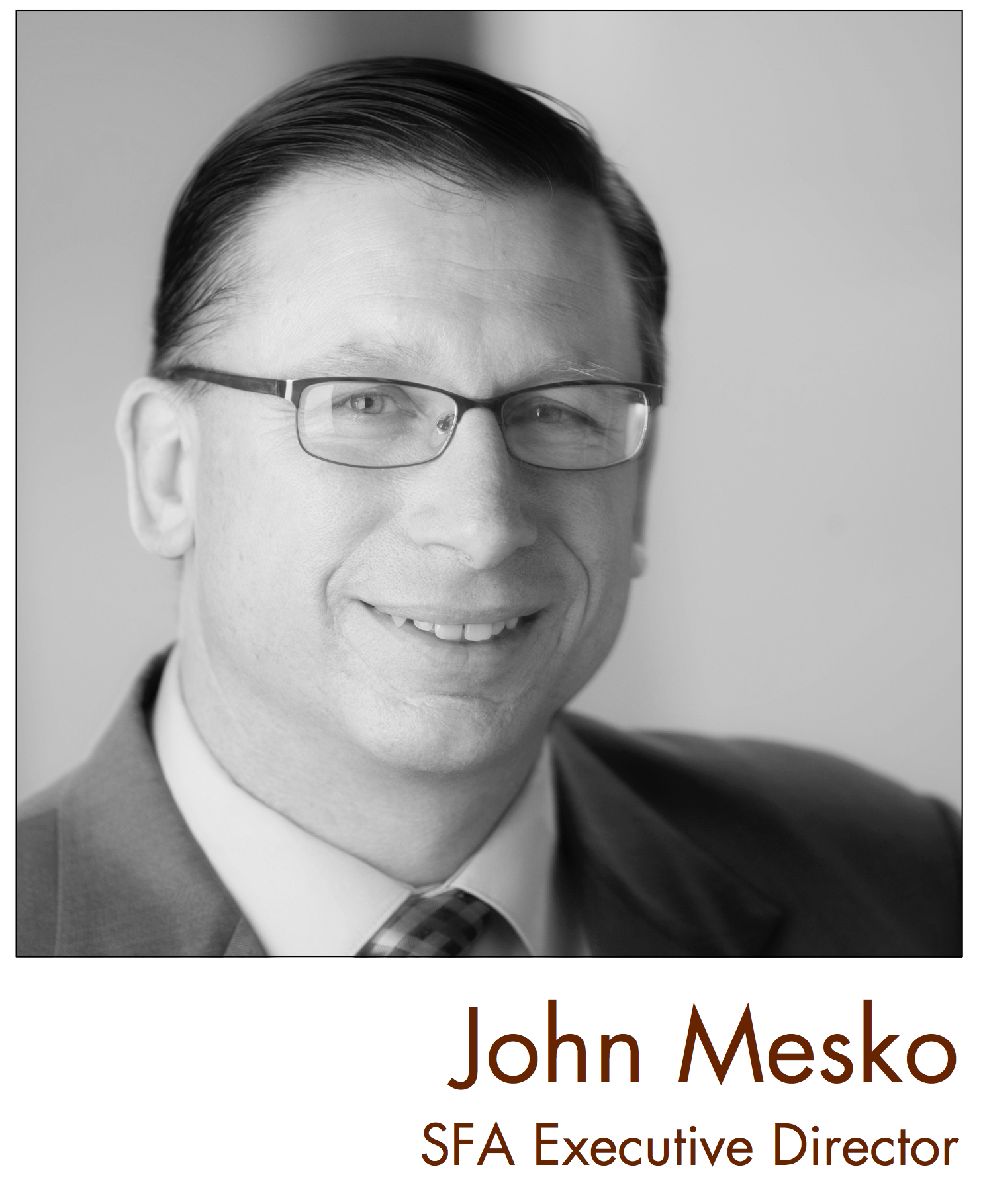 Sometimes on family farms, where farm workers are also family members, communication issues carry the extra weight of history, past wrongs and good ol’ sibling rivalry. It’s also easy in any family business to emphasize family “issues” more than business professionalism, often to the business’ detriment.
Sometimes on family farms, where farm workers are also family members, communication issues carry the extra weight of history, past wrongs and good ol’ sibling rivalry. It’s also easy in any family business to emphasize family “issues” more than business professionalism, often to the business’ detriment.
I was going to call this post, “The Lost Art of Accepting Responsibility,” until I Googled it and found several articles by the same title. So, another one? Well, given the search results, maybe there’s a real need to be reminded of ways we can turn business and communications misunderstandings into positives:
You and I Are Not Helpless
In the work world, when we make excuses rather than accepting responsibility, we are admitting we are helpless. Helpless to avoid the situation, get out of the situation, and deal with the consequences. I’ve done it; we all have.
Somehow, in our modern culture, we’ve lost the ability or the willingness to accept responsibility. When was the last time in your business life someone genuinely, without a backhanded blame shift, apologized for “dropping the ball” or for not following through on a commitment? Why don’t we do this any more?
Don’t Accept an Obligation You Cannot Fulfill
Mistakes come in all shapes and sizes. Some are due to laziness, ignorance, misunderstanding or miscommunication, but, at the end of the day, we have to admit when we’ve failed in meeting the expectations of our job or co-workers (of course, sometimes we are the victim of unrealistic expectations).
But this leads to the first rule of not being helpless: Don’t accept an obligation you cannot fulfill. Who is responsibile to flag unrealistic expectations? If the person making the expectations wrongly assumes we can meet them, it falls on us to say, “Whoa, wait a minute, I can’t meet your expectations.”
Be Honest
Are we afraid of being labeled as a loser if we admit a mistake? How many times have we seen high-profile people fall from grace because they didn’t own their mistakes right away? Richard Nixon’s crimes of subversion and cover-up pale in comparison to what goes on in the modern political world, but it’s likely if he had simply confessed his mistake and rejected any plans of covering it up Watergate would have become a blip on history’s radar.
Bob Woodward, one of the journalists who shed light on the Watergate scandal, said, “Nixon’s grand mistake was his failure to understand that Americans are forgiving, and if he had admitted error early and apologized to the country, he would have escaped.”
Most of us were taught that we should learn from our mistakes: If you make one, be honest about it, and then make sure it doesn’t happen again.
How to Apologize
When we apologize, it’s tempting to say things like, “I’m sorry you took me the wrong way.” Or, “I’m sorry you are upset.” While it may sound conciliatory because the words “I’m sorry” are in there, phrases like those pass blame onto the recipient. Yet the power of a true, meaningful “I’m sorry” in healing differences is, indeed, huge. What can we apologize for in a situation involving hurt feelings or upset colleagues? How about: “I’m sorry I said something that upset you. I really want to have good communication. Can we try again?”
Resist the temptation to assign partial blame to the other person, even if they are somewhat culpable. Often times we know we’ve done wrong, but it’s not 100 percent our fault. It might be 60 percent, or maybe only 5 percent our fault. For example, if you failed to meet a deadline, but the deadline wasn’t explicitly clear, there might be room to legitimately lay a portion of the blame on the person communicating the unclear deadline.
We should deal with whatever portion of the issue we caused, period. For example, “Sally, I realized I’ve missed today’s deadline, I’m terribly sorry. That’s unacceptable. I’d like a chance to do better. Would it be OK if I got the project to you tomorrow?” Now is not the time to point out Sally’s lack of clarity on the deadline. Besides, you could have flagged that at the time the assignment was given.
Be Gracious
Finally, when someone genuinely admits wrong and accepts responsibility, reward that with gracious forgiveness and move on. You’d want the other person to do the same for you.
After awhile, apologizing and moving on can become the new normal around the office, the farm or the kitchen table.
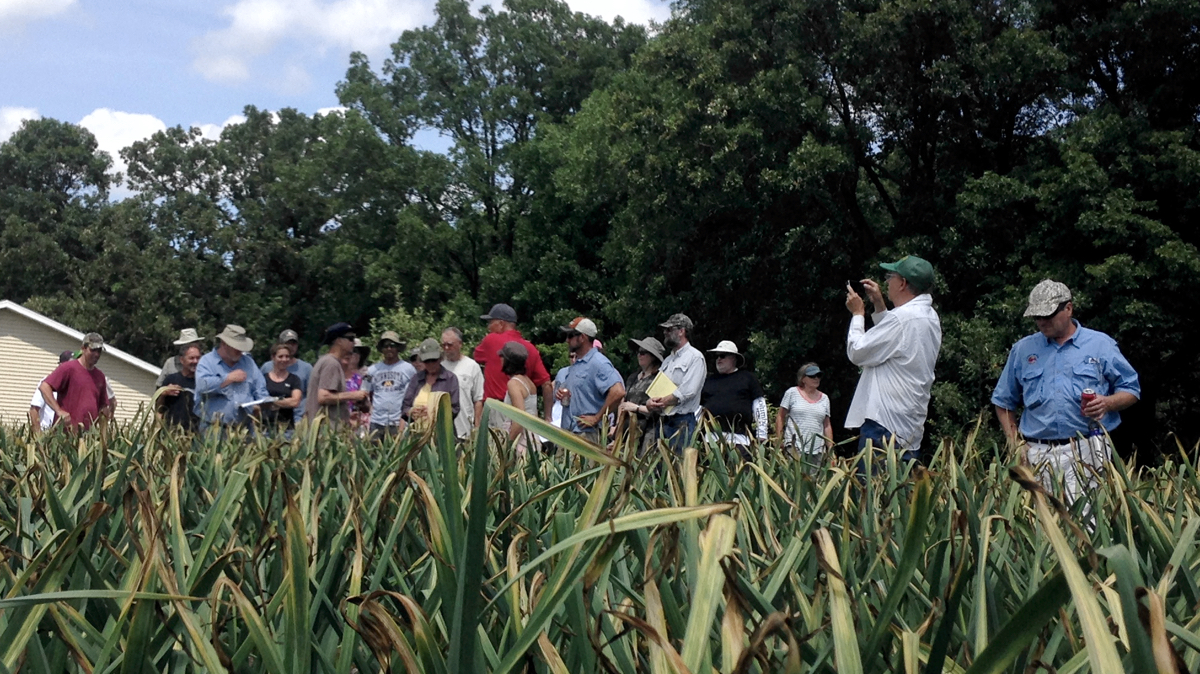
Bumper Crop of Garlic Growers at SFA Field Day
Nearly 40 people attended SFA’s Upper Midwest Garlic Growers Field Day, which was held July 9 at Living Song Farm near Howard Lake and Plum Creek Garlic near St. Augusta as part of SFA’s Festival of Farms.
Joining farmer presenters Jerry Ford and Chris Kudrna was Dr. Carl Rosen, a soil scientist who has done extensive research on growing garlic in northern climates.
Thank you to all who attended! For more information, visit the Upper Midwest Garlic Growers homepage.
2017 Annual Conference Voting Now Open
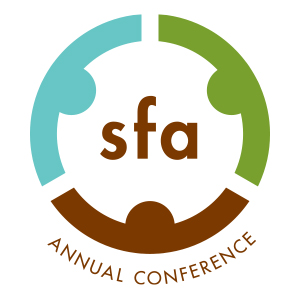 Once again, we are using this online voting system to select programming for the SFA Annual Conference, which is set for Feb. 11, 2017, at the College of Saint Benedict in St. Joseph, Minn. Vote on the topics YOU want addressed at the 2017 SFA Annual Conference and enter your topic ideas!
Once again, we are using this online voting system to select programming for the SFA Annual Conference, which is set for Feb. 11, 2017, at the College of Saint Benedict in St. Joseph, Minn. Vote on the topics YOU want addressed at the 2017 SFA Annual Conference and enter your topic ideas!
Click here to vote and enter your ideas.
The current top 10 vote-getters:
- Time to Call the Butcher: What to Expect, Terminology, and How to Help Customers Navigate the Process of Custom-Ordering
- Year-Round Income Streams on 15 Acres or Fewer
- Farming is Great, But I Need a BREAK!: Strategies and Tools for Dealing with Livestock When You Need to Get Away
- Deep Winter Greenhouse Producton: Mastering the Three Winter Seasons
- Fencing Innovations: The Latest and Greatest
- Starting and Managing a Profitable Orchard
- Wintering Livestock
- Silvopasture Without Ruining Your Woodlot
- Soil restoration
- Sustainable Poultry
Solberg Presenting at July 26 Event Near Hasty
SFA Livestock & Grazing Specialist Kent Solberg is among the presenters for a grazing management field day set for 4 to 7 p.m. July 26 near Hasty that is sponsored by U. of Minnesota Extension and NRCS.
Farmer Matt Maier of Thousand Hills Cattle Company will host the event and discuss pasture management strategies on his farm; besides Solberg, other speakers include NRCS grazing specialist Tom Gervais and Wright County Extension Educator Rod Greder.
Topics include management strategies for pasture profitability and soil health, marketing grass-based livestock, forage plant identification, and more. RSVP/info: 763.682.7394 or dahla@umn.edu.
Organic Field Day at DeWeerd Farm is Aug. 2
U. of Minnesota Southwest Research and Outreach Center is sponsoring an Organic Field Day from 11 a.m to 4 p.m. Aug. 2 at the Don DeWeerd farm, 1862 70th Ave, Pipestone.
Dr. Michael Lehman, research microbiologist, will be the featured presenter and discuss soil biology; other topics to be discussed are open pollinated seed corn, weed control, and more. Lunch is included courtesy of OCIA-MN #1.
RSVP/info: saege002@umn.edu.
Annual Conference Photo Feature
Photographer extraordinaire Crystal Liepa once again documented our 2016 Annual Conference, held Feb. 13, 2016, at the College of Saint Benedict in St. Joseph, Minn. To learn more about Crystal, visit her website.
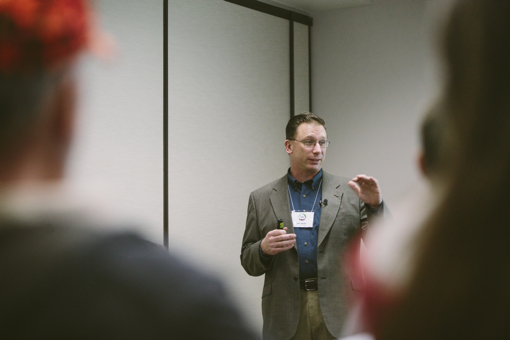
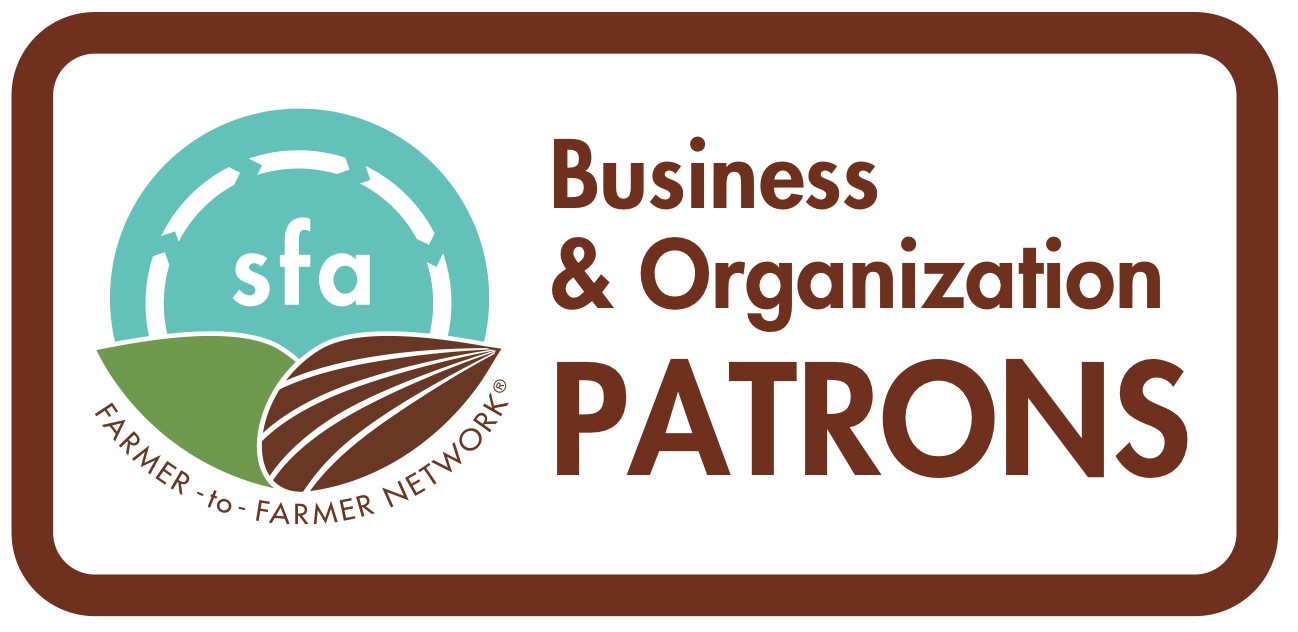
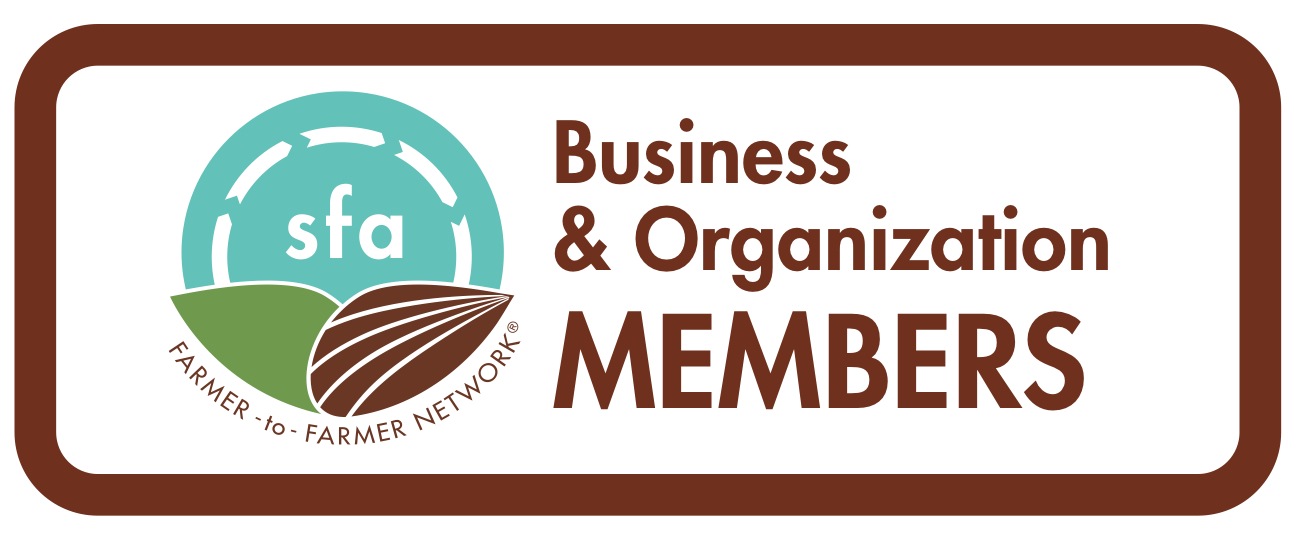
 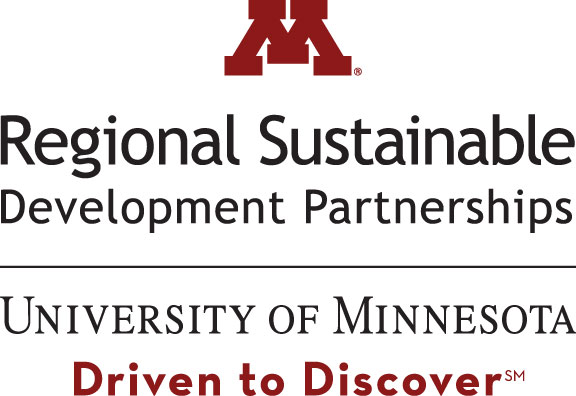   |
||
 |
||
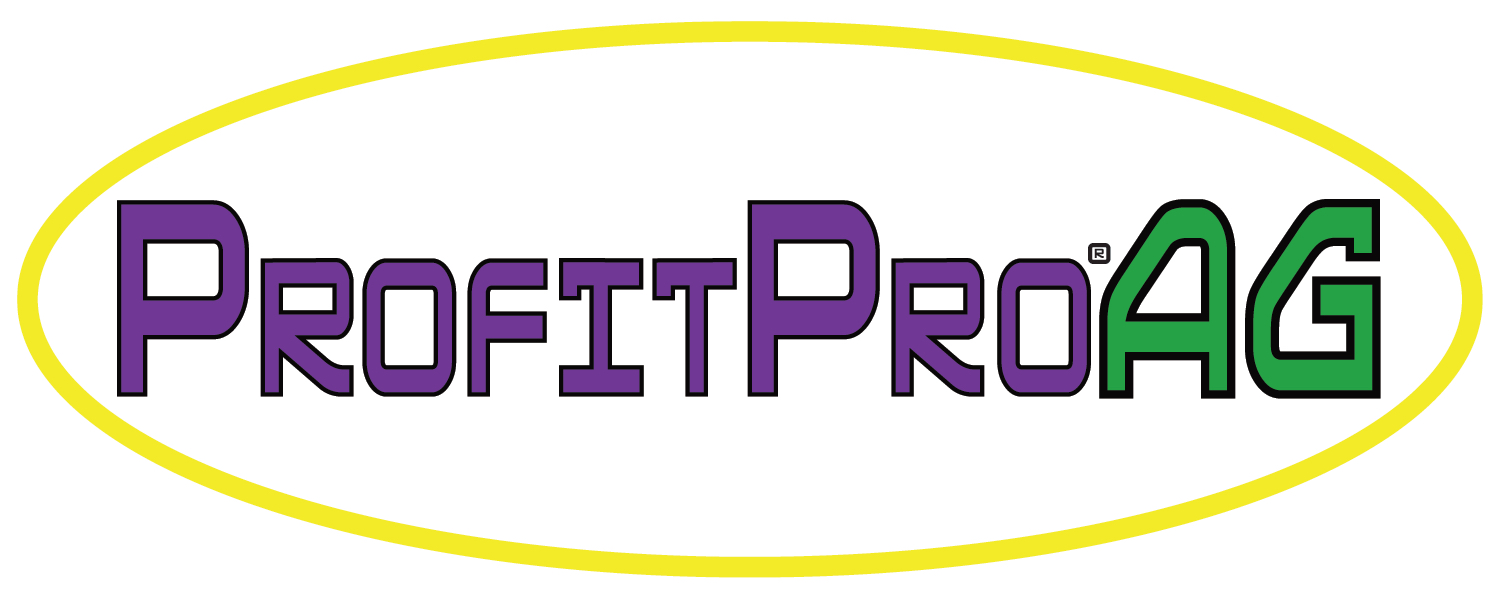 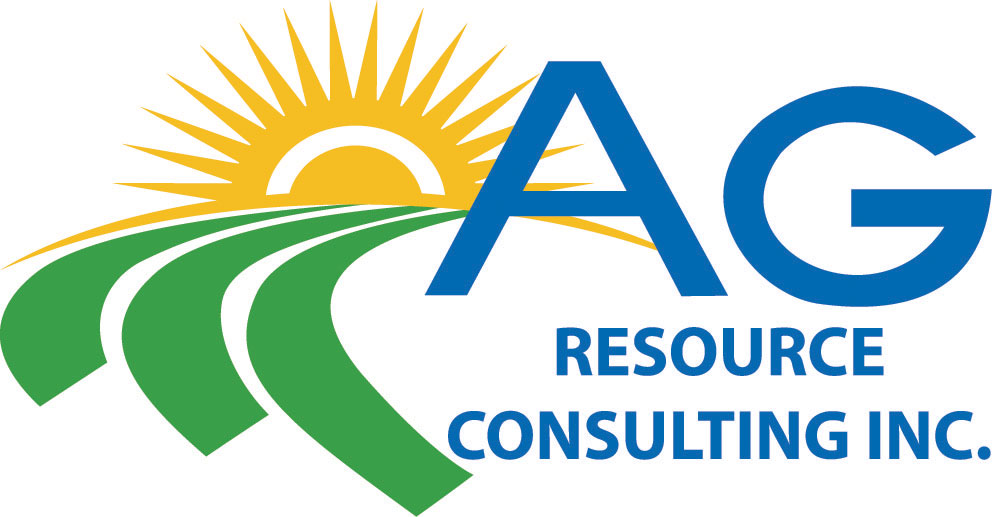  |
||


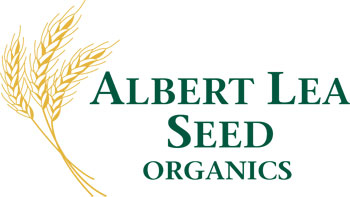

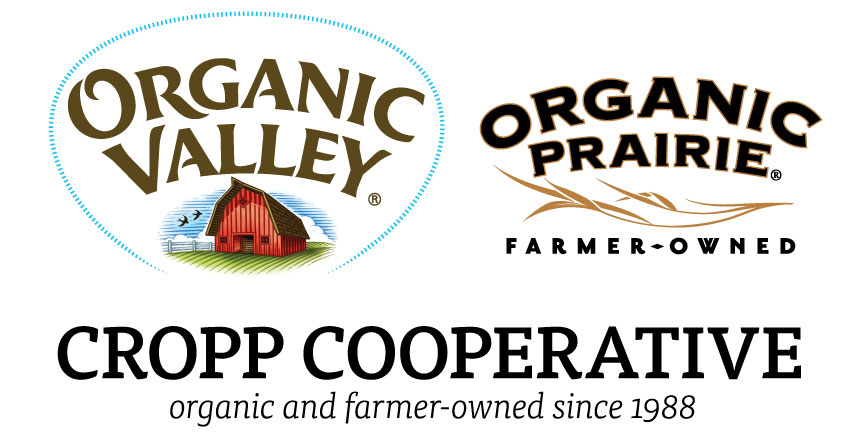
.jpg)






